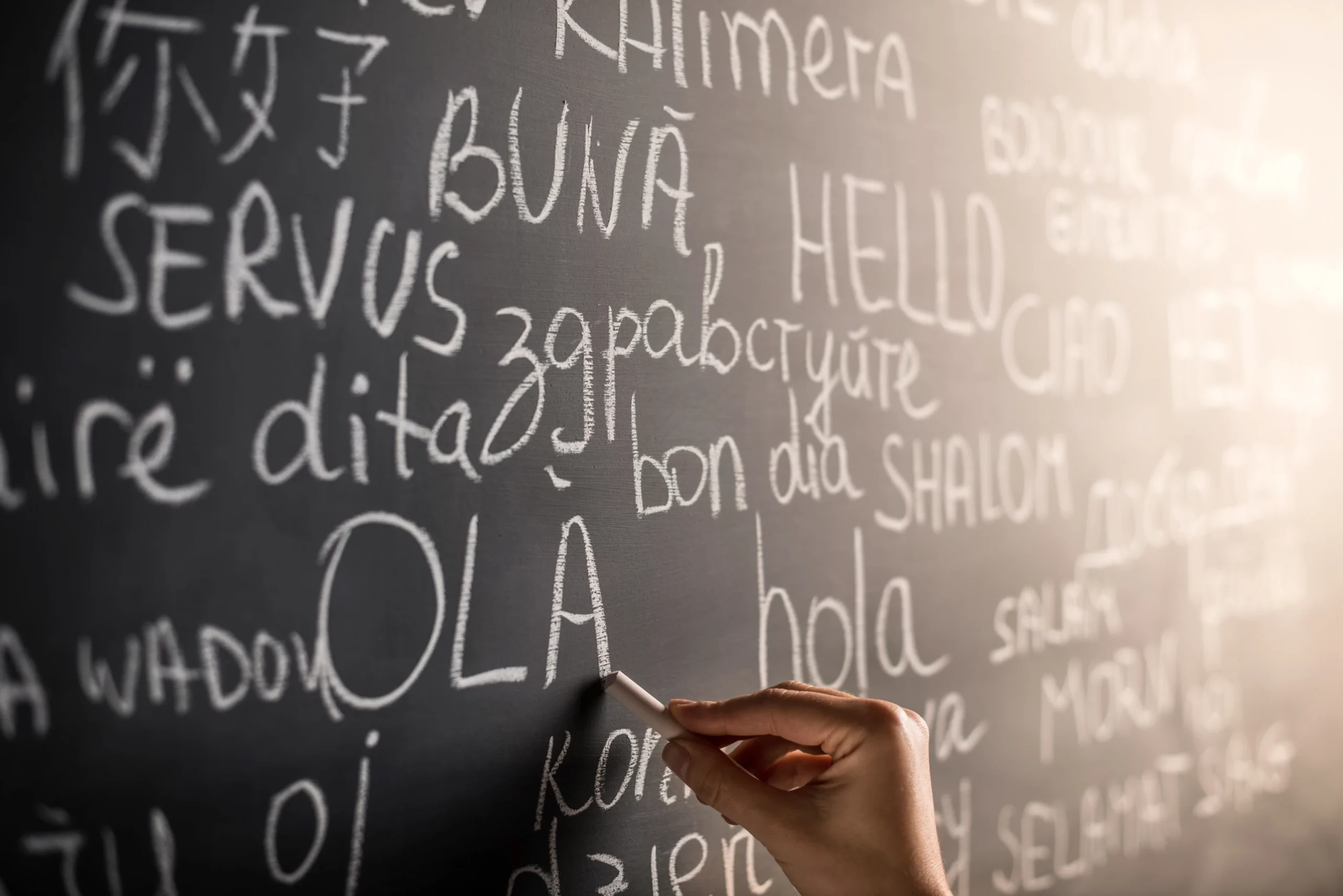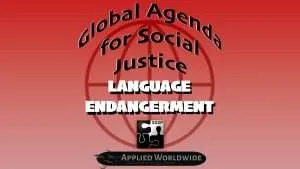Fostering Multilingualism for Inclusion in Education and Society
The United Nations General Assembly in its resolution, A/RES/61/266, on 16 May 2007 geared members’ nations to the duty of enhancing the stability and preservation of all individual languages that exist in the world. Therefore, lets commemorate International Mother Language Day!
International Mother Language Day Around the World
Of countries with at least 10 million first language speakers are 91 nations, as there are over 7000 languages in the world. That there are surplus languages existing in the world, there are however least spoken languages which closely are almost in extinction. These languages have a range of about two to fifty (2-50) people who hardly, natively still speak them. These slightly spoken languages include: Chamicuro (Peru), Njerep (Nigeria), Ongota (Ethiopia), Tanema (Solomon Islands) and Lemerig (Vanuatu).
Charging nations of the world to the sole duty of prolonging all languages, the United Nations through one of its lead agency the United Nations Educational, Scientific and Cultural Organization, UNESCO has found it very responsible to observe that the essence of the various pre-existing languages we have in the world should be improved and fostered because of its dynamics.
Meaning of Language on International Mother Language Day
Language is every society’s default and it is imminent. It happens to every man and woman upon being received as a member of a family at birth. At being exposed to the interpersonal, critical stage of life, communication between a child and his society becomes necessary. A particular language is spoken to the child, which he dominantly learns in between his or her parents and among siblings. Other times, a child can have more than one language which he or she is exposed to, especially if he or she lives within parents with varying tribal differences or as a result of mobility.
For the higher specific cases where multilingualism has taken a wider percentage of the speaking population, it becomes a topic of social concern that the interest of allied nations under the aegis of United Nations has chosen to cruise its interest in seeing human languages develop, with the readiness to focus on how to apply the diversity of multilingualism in the big field of education, and for the development of societies. Multilingualism however is basically the ability to express thought-wise severities of languages.
India through its Ministry of Education and Ministry of Culture have decided to mark 2021, yearly 21 February commemoration with a four day virtual event. Fundamental as they are, being the focus for the year 2021, these underlays of suggested questions are answered to give this social event better direction.
What does ‘mother language’ mean to you?
Mother language means the intrinsic mode or dialect of communication that I speak conveniently, which has a link to my nativity. It is otherwise called family language. It is fundamentally the first spoken or is likely the most dominant language, usually learned from the ages of socialization.
Why language important on International Mother Language Day?
Language is so important for daily interpersonal relationships. The same reason behind my being able to communicate rationally explains the essence for the importance of verbal communication. With language, individuals remain preserved with the divergent cultural practices the world has.
Societies become a ring of interconnected people who share a common modality; language has been a linguistic system on which societies have been built upon or can be torn down. Language allows us to express thoughts, feelings and ideas. It also does the work of exposing us to differences and uniqueness in the practices within the ambient of what every individual practices.
Do languages represent who we are on International Mother Language Day?
Yes, languages represent who we are. It gives a headnote about where each humans hail from or where they have successfully lived. Definitely as social language represents who every individual is, it meanwhile represents how societies like languages evolve; developing over time.
Should languages be protected as a social property?
Language protection is all about preservation. Yes all languages should be jealously preserved. According to a work of reference by Summer Institute of Linguistics, a measure of 417 languages is on travail to extinction. Languages should be daily propagated to prevent it from being endangered. It should even be protected by all and sundry, the poor and the rich. The well-to-do class of people who train their wards to speak a language differently, in the interest of building disparity with the poor is one major intentionally wrong action. No one owns a particular language, since it should be neighborly considered as a social wealth.
What is the societal power of linguistic diversity all about?
For every society that has its own language specification, under which dialectical statuses are expanded upon, power in the form of beauty and uniqueness explains linguistic diversity. Linguistic diversity of every society speaks enormously about the influence of the non-material aspect of culture on the people under its usage.
What would it mean to foster multilingualism for inclusion in education?
I am a Nigerian and I have an adjustment that can speak three languages. I speak Yoruba language, English as an official language and my native dialect Ikale pronouncement. If multilingualism is included in the continuing, broad field of education, it means opportunity expansion to enhance cultural awareness about people, their practices and its touch on economic development for me.
In macro-sociolinguistics, language is considered a value like a property, it application to education would give learners the experience to have firsthand sightseeing of what other cultural creativities are. It would also empower learners to dialogue down objectifying topics and subjects since it can be explained in diverse ways, thereby improving learning productivity.
Final Thoughts on International Mother Language Day
With additional languages to Societies after every mother’s language has come to an age of fluent expression, social excellence can be achieved in human societies with the acquisitioning of multiple languages. It would mean a great call to respect others’ differences.
Society for the Study of Social Problems Global Agenda for Social Justice Language Endangerment
Language Endangerment and a Global Agenda for Social Justice








